Ah, British weather: the eternal conversation starter! We’ve all wondered why the UK seems to have some of the most unpredictable weather on the planet. So, why does it always rain on us?
1. Atlantic Ocean Influence

The UK’s proximity to the Atlantic Ocean means it is subject to wet and windy weather, especially from prevailing westerly winds that bring moisture-laden air.
2. The Jet Stream
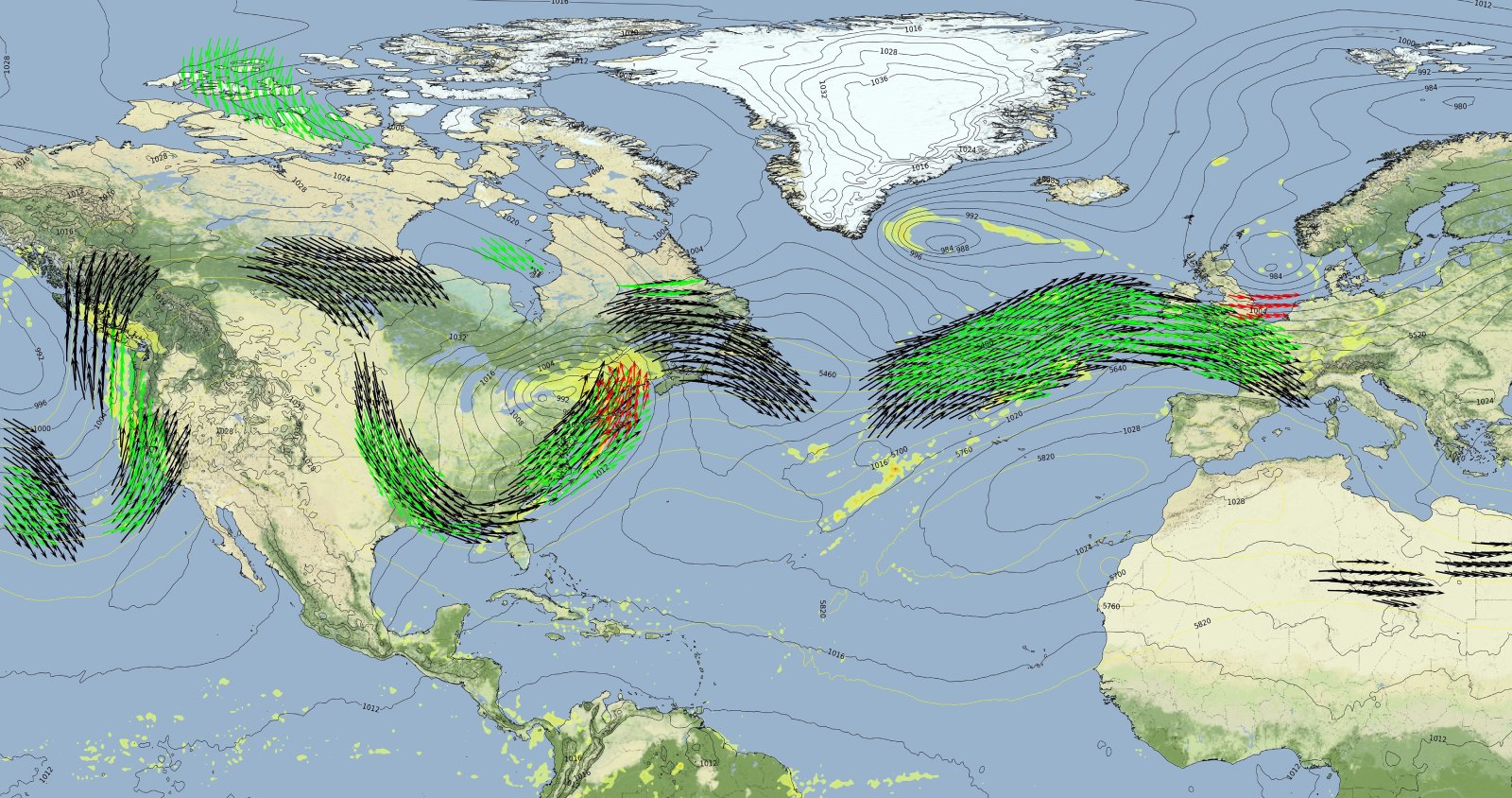
The position of the jet stream, a fast-flowing ribbon of air high in the atmosphere, significantly influences UK weather. When it lies south, it often brings wetter and cooler conditions to the country.
3. Low Pressure Systems

Dominant low pressure systems, particularly during what should be summer months, lead to cooler temperatures and more rainfall.
4. Climate Change

Global warming has led to more extreme and unpredictable weather patterns, including increased rainfall and more frequent storms in the UK.
5. Urban Heat Islands

Urban areas tend to be warmer, altering local weather patterns. This urban heat island effect can lead to higher temperatures and disrupt normal weather patterns.
6. Deforestation
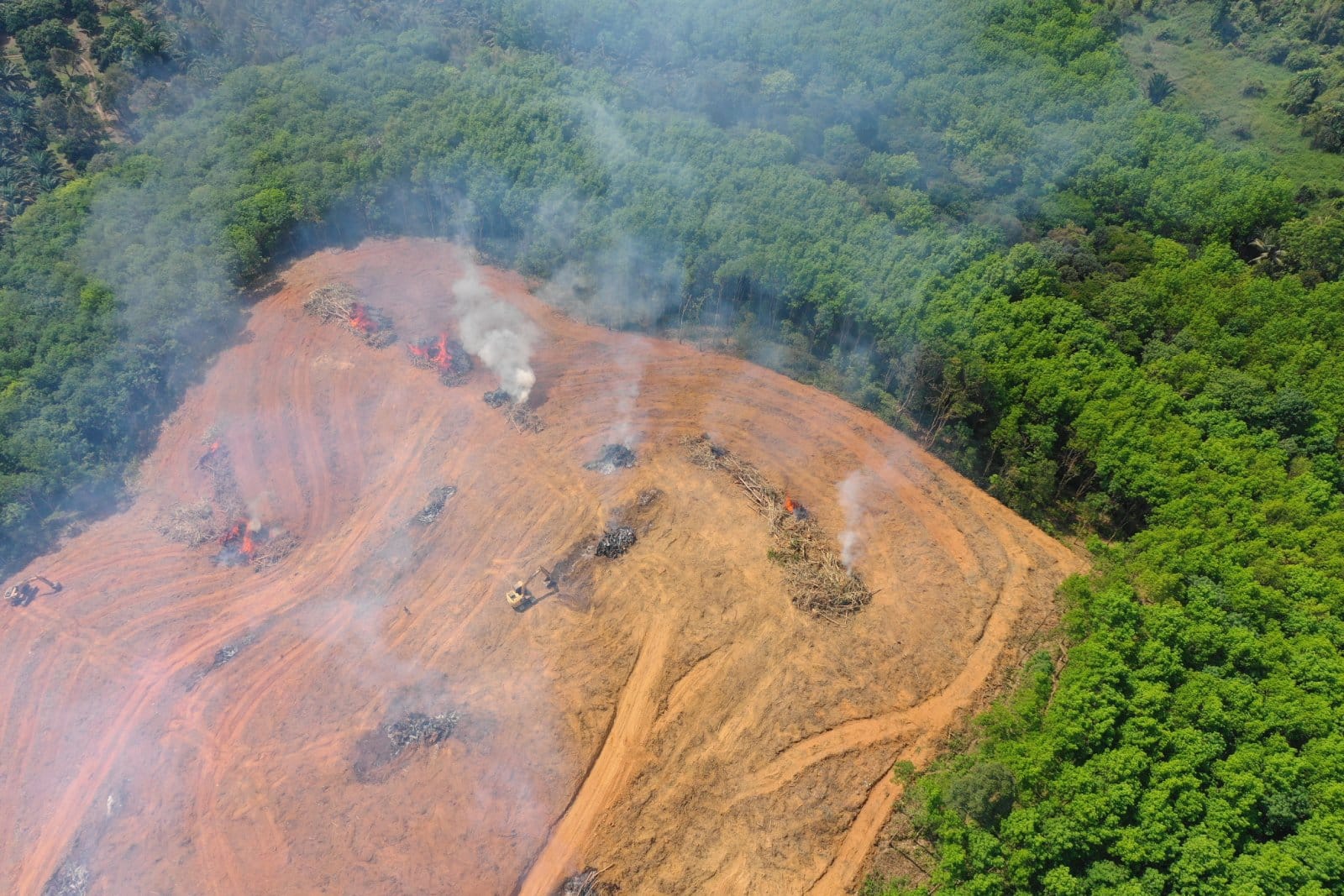
Though more significant in other regions, global deforestation impacts atmospheric temperatures and moisture levels, contributing to climate instability that affects weather everywhere, including the UK.
7. Air Pollution

Pollutants in the air can affect cloud formation and weather patterns, leading to increased rainfall and storms in and around urban areas.
8. North Atlantic Drift

This warm ocean current affects the climate by bringing warmer waters from the Gulf of Mexico, influencing the UK’s temperature and precipitation patterns.
9. High Pressure Blockages
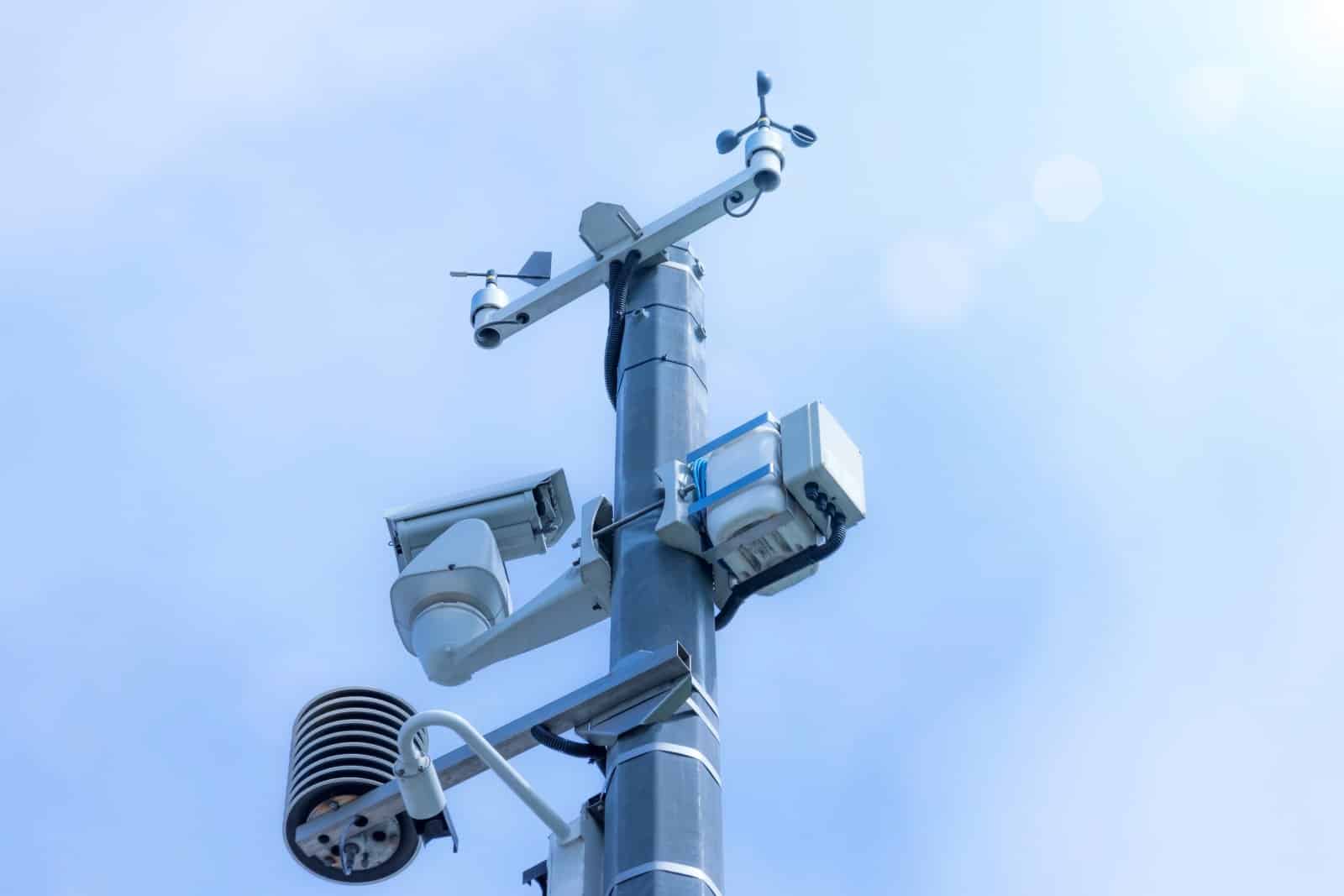
Occasionally, high pressure systems can block or redirect prevailing weather patterns, leading to unseasonal weather bursts, like warm spells in winter or cool spells in summer.
10. El Niño and La Niña

These global phenomena can disrupt weather patterns worldwide, including in the UK, leading to variations in temperature and precipitation.
11. Solar Activity

Solar output, which varies over an approximately 11-year cycle, can subtly influence weather patterns and temperatures on Earth.
12. Volcanic Activity
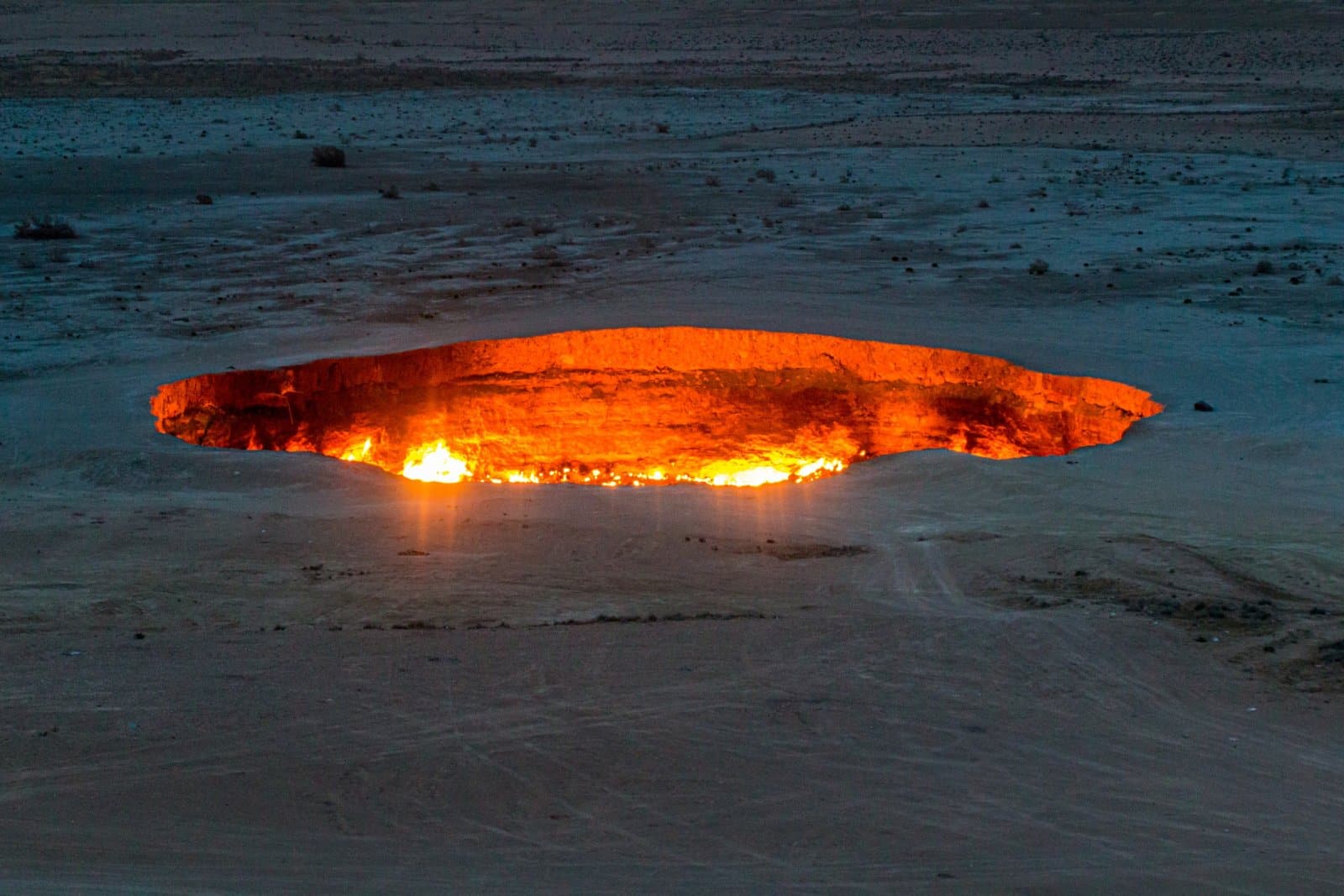
Volcanic eruptions, even those that occur far from the UK, can inject particles into the atmosphere that affect global weather patterns.
13. Arctic Meltdown

Melting ice in the Arctic affects sea levels and ocean currents, which in turn impacts weather patterns across the globe, including in the UK.
14. Seasonal Variations

The UK’s weather is highly variable across seasons, and sometimes these transitions can be abrupt and extreme, leading to particularly poor weather.
15. Geographical Location

Located at the intersection of continental Europe, the North Atlantic, and the Arctic, the UK’s geographic position makes it susceptible to varied weather influences.
16. Lack of Mountains

The UK’s relatively flat terrain, particularly in the east, allows wet and windy weather from the Atlantic to travel far inland without much obstruction.
17. Oceanic Cycles

Long-term oceanic cycles, which can last for decades, influence sea temperatures and weather patterns, affecting the UK’s climate.
18. Human Activities
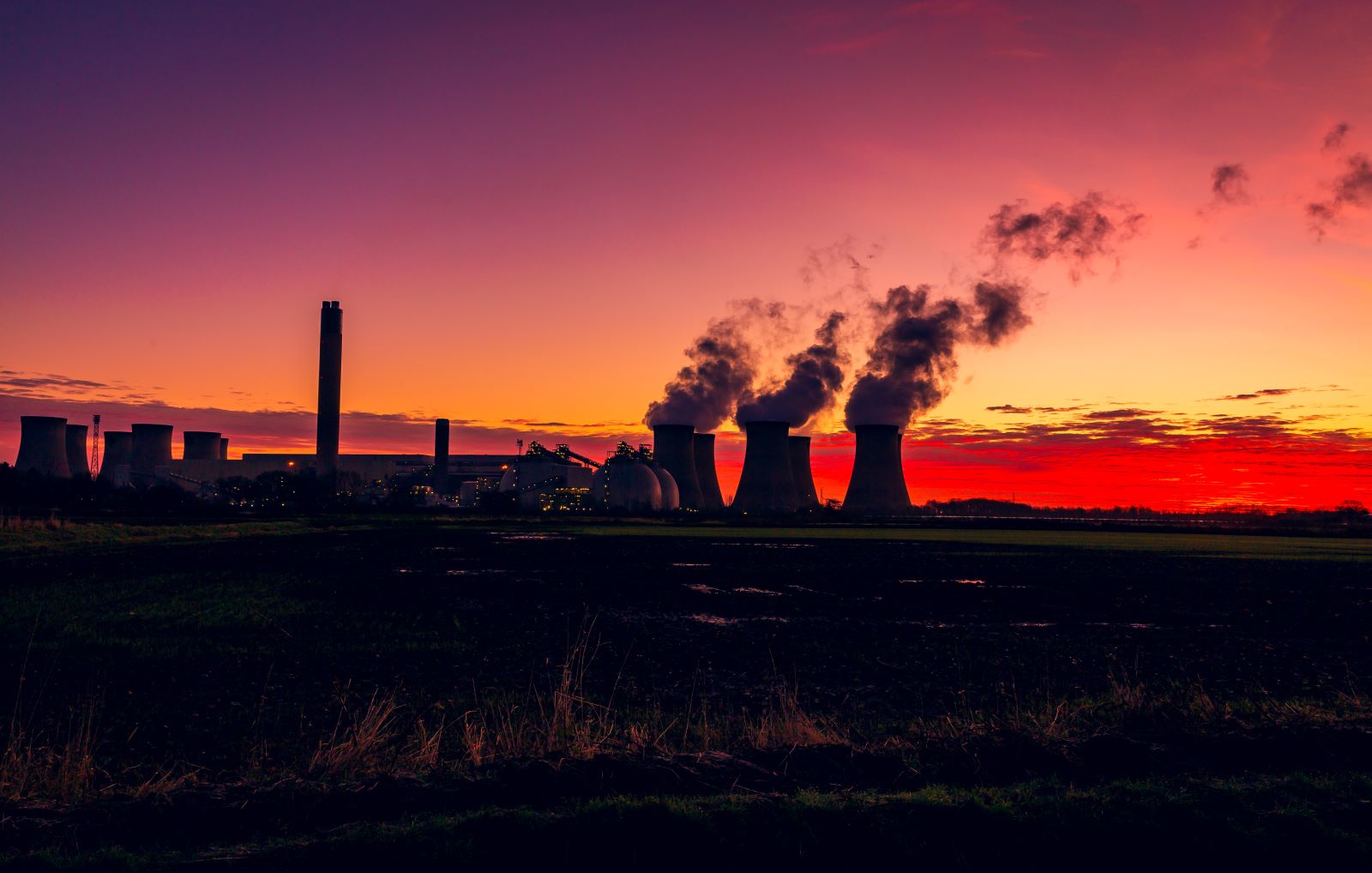
Overall human activity, including industrial processes and energy production, contributes to climate change, exacerbating weather extremes.
19. Loss of Biodiversity

The reduction in biodiversity can affect local and global climates, as plants and wildlife play critical roles in maintaining environmental balances that impact weather.
20. Global Interconnectivity

Weather is a global phenomenon influenced by interconnected systems. Events happening thousands of miles away can ripple across the world to affect UK weather.
Pointing Fingers

Understanding these complex factors can help explain why the UK experiences such varied and often frustrating weather patterns. While some elements are natural and unavoidable, human influences are also significant and represent areas where changes could mitigate some impacts.
Featured Image Credit: Shutterstock / joingate.
For transparency, this content was partly developed with AI assistance and carefully curated by an experienced editor to be informative and ensure accuracy.

